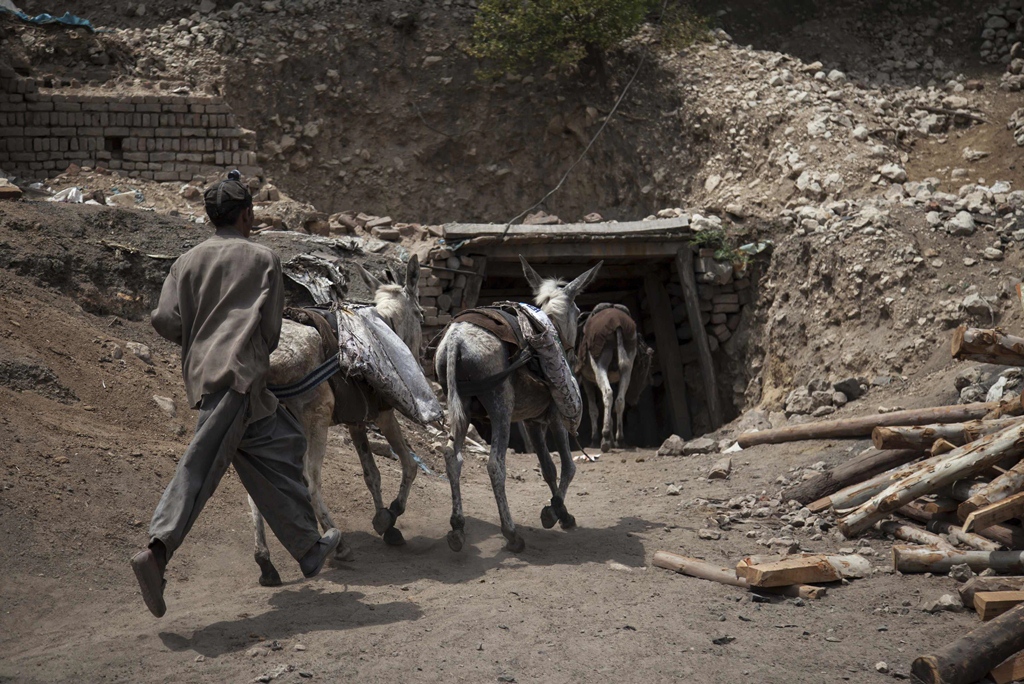
KARACHI: It is not businesses alone that drive the demand for fair labour standards, but also the customers in America and Europe who take a very strong interest in the products they purchase and the labour standards of the factories that manufacture these products, said US consul general Brian Heath, stressing the need for labour compliance in Pakistani companies trying to export to US and European markets. “The pressure is from the consumers.”
The US consulate general in Karachi was hosting a roundtable discussion on ‘Promoting Labour Compliance in Pakistan: A Sourcing Perspective’ on Thursday at the Movenpick Hotel.

Heath said that the US was committed to increasing trade with Pakistan, but added that Pakistani suppliers and the government had to play their part in making themselves attractive to the international markets too. “Complying with international labour standards will not only help Pakistan in the foreign markets, but it will also increase competition in the local market,” he said. He also pointed out the benefits of good labour standards for a strong, healthy and efficient workforce.
Sindh additional labour secretary Qamar Raza Baloch made note of the Baldia Town garment factory fire in 2012, saying that it was an eye-opener for all relevant departments and stakeholders. He also spoke of the labour department’s subsequent launch of a programme on workplace health and safety in collaboration with the International Labour Organisation (ILO).
“Pakistan has ratified eight core ILO conventions, but there is no compliance with them,” said Karamat Ali, the executive director of Pakistan Institute of Labour Education and Research (Piler), criticising the country’s labour conditions and the government’s attitude towards them. He gave the example of the convention on the right of unions, noting that while 25 per cent of factories had had labour unions before ratification, the number had now dropped to four per cent.
ILO country director Francesco d’Ovidio, who contributed to the conference through a Skype call from Islamabad, cautioned Pakistani suppliers about noncompliance with ILO conventions that had been ratified by Pakistan. He cited the example of Walt Disney Corporation, which wrapped up business from Pakistan in March 2013 because of the country’s poor performance in Worldwide Governance Indicators, causing an annual loss of Rs150 million. “If Disney pulls out from Pakistan, other major buyers may also re-evaluate the reputational risk of sourcing from Pakistan,” he added.
Meanwhile, Li and Fung Pakistan vice president Umar bin Asad said that they were only doing business with the top 200 garment factories in Pakistan, because the rest of the 2,500 factories in the garments sector do not comply with international labour standards.
“The bottom 2,300 factories need resources too, because compliance does have a cost,” bin Asad acknowledged. “The top 200, the ‘exporters club,’ should help them gain knowledge and techniques and hire them as sub-contractors, taking this as their social responsibility.”
Gul Ahmed Textiles’ Ziad Bashir claimed that labour compliance is excellence, adding that good work cannot be expected from the workforce if they are not given a good environment to work in.
Published in The Express Tribune, September 6th, 2014.



















































COMMENTS
Comments are moderated and generally will be posted if they are on-topic and not abusive.
For more information, please see our Comments FAQ